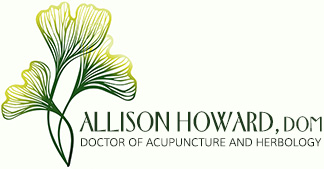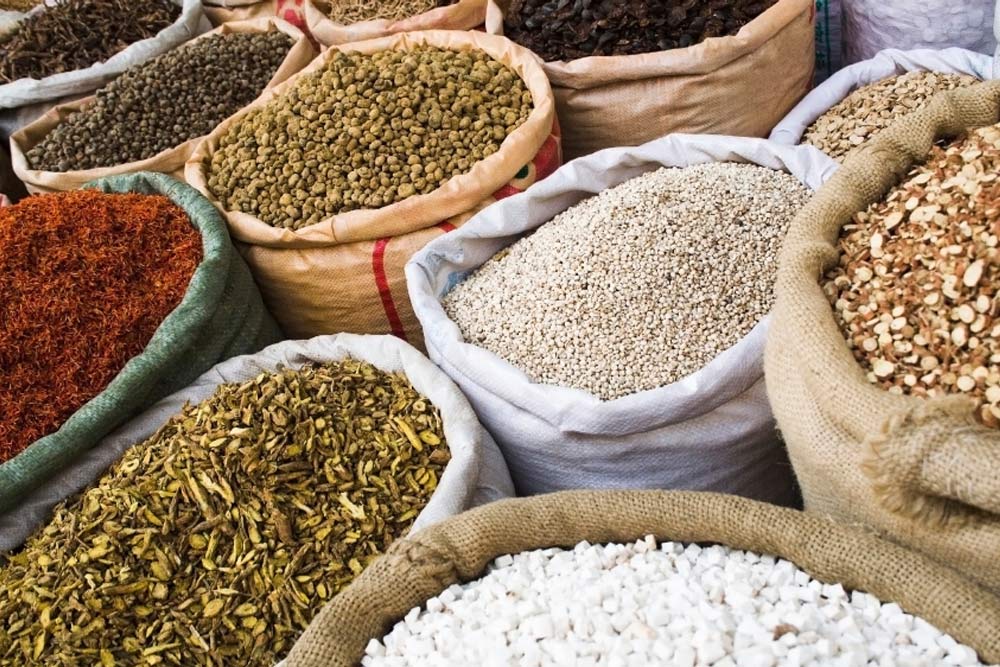When we think of acupuncture, many may not realize that there’s a whole system of medicine underlying the meridians and acupuncture points. There is even a dietary system of food cures. Oriental medicine is designed to bring balance and wholeness to the entire body and is not only about using acupuncture to alleviate pain, regenerate nerves and increase blood flow and circulation. This 4,000 year old system of medicine can create healing for a variety of diseases including digestive complaints, allergies and women’s health issues. This healing occurs using acupuncture, of course, but it’s also important to look at lifestyle issues including nutrition. Food can heal and if used correctly, it is truly medicinal.
Chinese nutrition differs greatly from Western nutrition. In Western nutrition we see the biochemical constituents of a food. A tomato has vitamin C and a banana has potassium but Chinese nutrition looks at the energetic qualities of a food. That tomato has a cooling nature and is sweet and sour. It also builds fluids, relieves thirst and can detoxify the whole system. The banana is cooling and sweet, lubricates the intestines and lungs and strengthens the yin. Soy is cooling and moistening and therefore great for menopausal women not just because of the phytoestrogens. Foods are selected according to their energetic qualities such as warming, cooling, drying or lubricating. For an excessive individual who is exhibiting conditions of heat in the body, cooling foods, such as watermelon and cucumber, would be appropriate. For a deficient individual who tends toward coldness, warming foods such as ginger and garlic, would be chosen. Some foods, like scallions, cinnamon and ginger, even can act as diaphoretics (create sweating) and are good to take if you feel like you’re getting a cold or flu.
To treat any condition using Chinese medicine, it is first necessary to arrive at a diagnosis or underlying cause of the symptoms. This is true whether you’re treating with herbs and acupuncture points or food and it allows the practitioner to tailor the treatment to each specific patient. A symptom such as dizziness could be from a myriad of causes. By determining the underlying cause of an imbalance, Oriental medicine is able to address the fundamental source or root of the disease. The body has an innate drive to find balance and healing and sometimes it just needs a little push in the right direction. Food can be that little push and can gently yet profoundly encourage the body’s natural process.
Chinese medicine sees the body as a self-healing, self-regulating organism. Simply by diagnosing the body’s imbalances (too hot or cold, too damp or dry, too yin or yang etc.) we can then work to find balance. If, for example, someone has sinus congestion or a phlegmy cough (in Chinese medicine this is excess dampness), we could support them by eliminating damp phlegm producing dairy products like milk and cheese and adding in pears which eliminate mucus and support lung function.
Food is an extremely gentle medicine but can be very powerful in the long term. It’s not only a way to cure the body of imbalance and disease but is also a way to prevent imbalance and disease. The list of problems acupuncture and traditional Chinese medicine can help with is a long one but it’s so much more effective when we eat right, exercise daily and live in moderation. Food is the fuel that moves us and if we eat in a way that nourishes, sustains and truly feeds us, it can lead to more energy, vitality and vibrant health.

